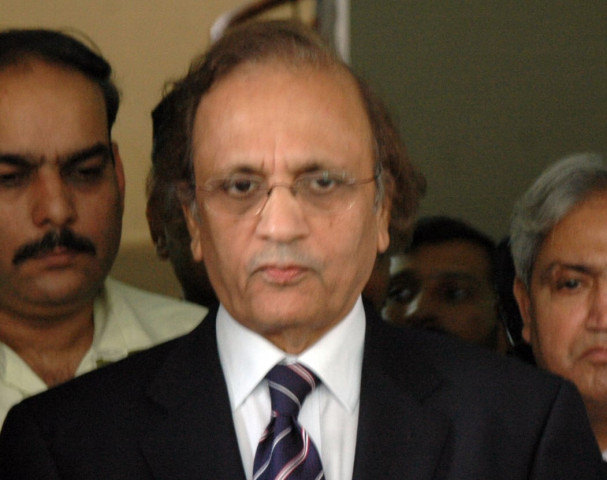Chalk and cheese
The last nine months have seen profound changes in the way Pakistan manages itself.

According to reports, unlike his predecessor, he is not inclined towards judicial activism. PHOTO: ZAHOORUL HAQ/EXPRESS FILE
His path to the apex position in the Supreme Court has been by a traditional route. According to reports, unlike his predecessor, he is not inclined towards judicial activism. He was elevated to the Supreme Court in July 2004 from the Lahore High Court and was one of those who refused to take a new oath when a state of emergency was imposed by General Musharraf in November 2007. Justice Jillani rejoined the apex Court when the superior judiciary was restored in 2009. According to the reported views of some retired Supreme Court judges, he is in the mould of a traditional judge who may not be so inclined to enter into the domain of the executive (as some perceived was the case with the current chief justice). Mild-mannered and soft-spoken, he is seen as a steady moderator and one who has stood by on principles: he recused himself from a contempt of court case involving former prime minister Yousaf Raza Gilani because of a familial linkage. A lover of poetry, antiquities and film, he has also managed the library of the Supreme Court. Internationally, he is regarded as independent and balanced with a liberal streak.
The last nine months have seen profound changes in the way Pakistan manages itself. The democratic transition, peaceful for the most part, from one government to another, the change of command at the top of the military, imminent and long-delayed local elections and now changes in the apex judiciary point to a country that is moving on. Maturation is a slow process, but we are making measurable progress.
Published in The Express Tribune, November 29th, 2013.
Like Opinion & Editorial on Facebook, follow @ETOpEd on Twitter to receive all updates on all our daily pieces.















COMMENTS
Comments are moderated and generally will be posted if they are on-topic and not abusive.
For more information, please see our Comments FAQ